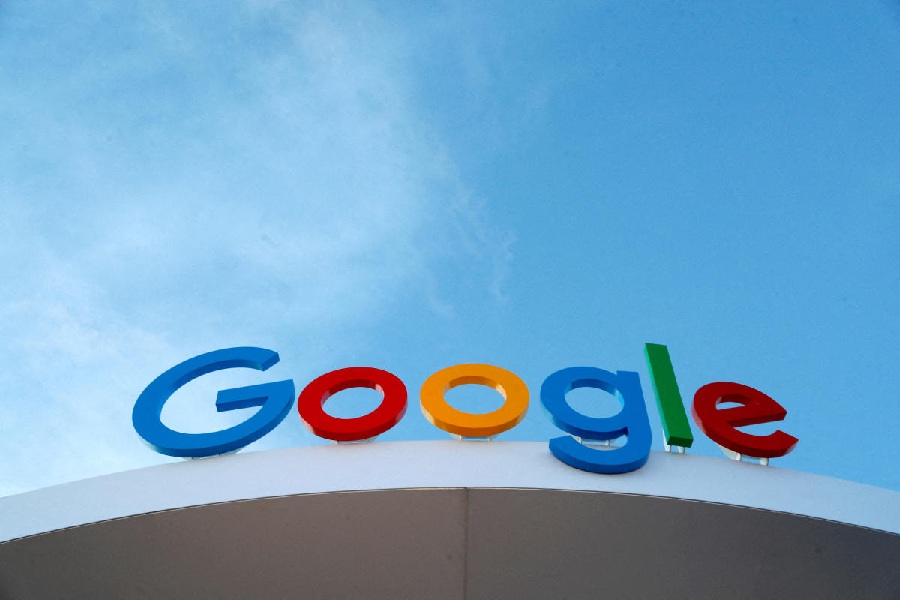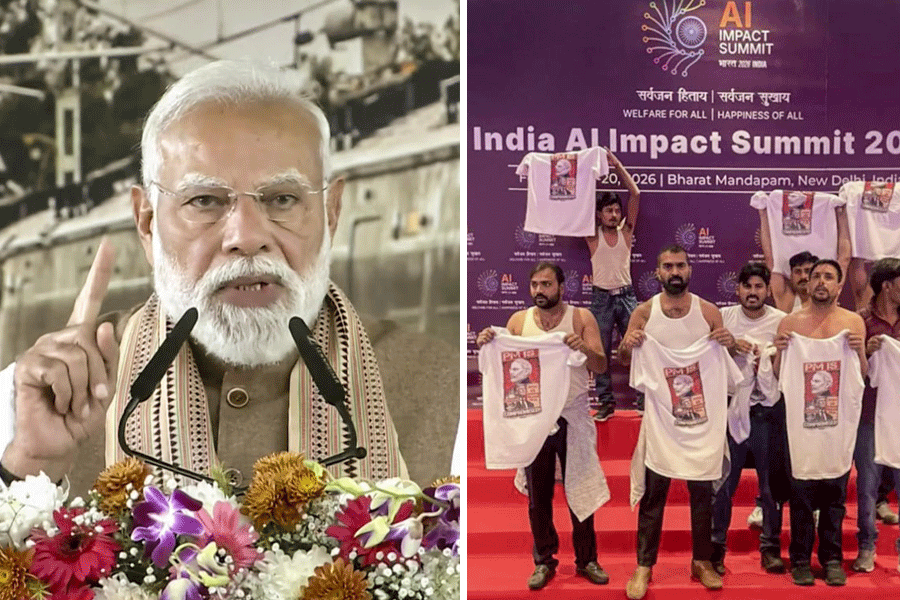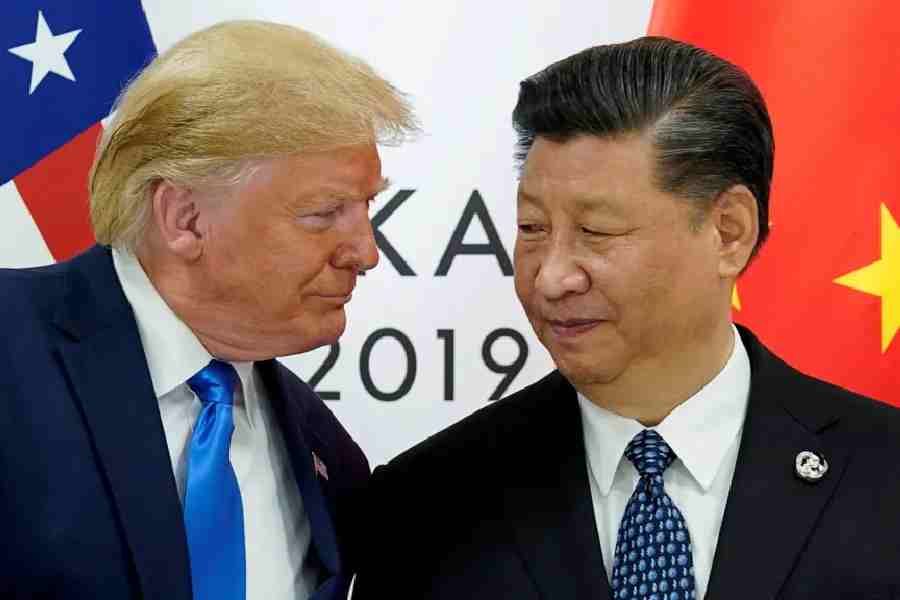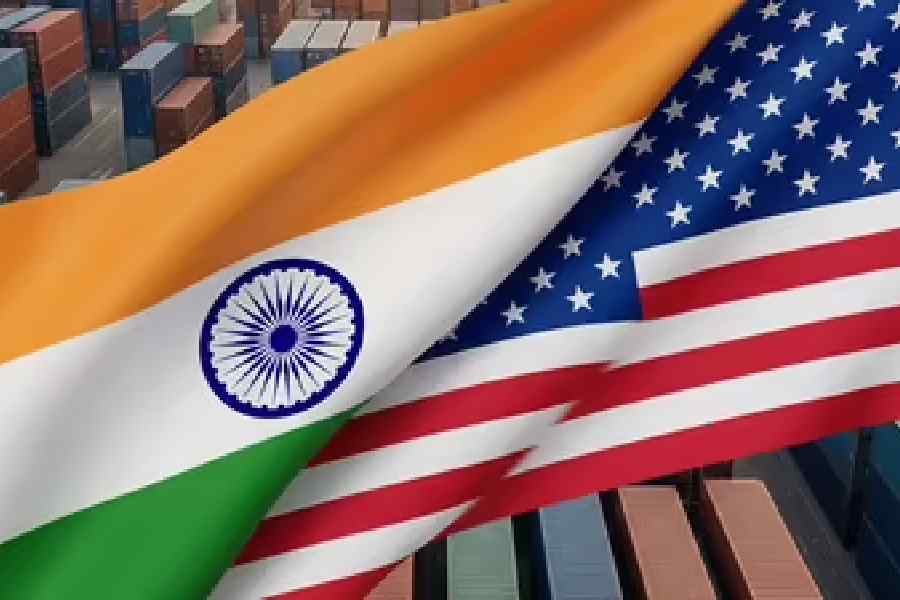Google on Tuesday unveiled its Safety Charter for India as part of efforts to crack down on online frauds, curb synthetic and misleading content, promote cybersecurity and responsible AI development.
According to Google, the charter is a blueprint for tackling the online world's new challenges collaboratively with the wider ecosystem. This entails keeping the end user safe from online frauds and scams; cybersecurity for government and enterprise infrastructure; and building AI responsibly.
The move assumes significance as reports indicate a significant surge in cyber frauds, as scammers leverage advanced techniques like AI-generated content, deepfake videos, and voice cloning to create highly convincing fraudulent schemes.
UPI-related frauds reportedly cost Indians over Rs 1,087 crore in 2024, and industry estimates project that Indian entities could lose up to Rs 20,000 crore to cybercrime in 2025, if left unchecked, as per a Google blogpost.
"It is about building digital safety. As we accelerate India's economic growth, there is one essential connective tissue, and that is trust. While the digital landscape brings many possibilities, we are all aware of the many unique challenges it presents as well," Preeti Lobana, Vice President and Country Manager, Google India, said at 'Safer with Google India Summit'.
Lobana pointed out that while the power of internet is a force multiplier for good, elements like safety, security and trust cannot be an "afterthought". As AI increasingly becomes part of people's digital lives, ensuring a safe and secure online environment becomes important, she added.
"Trust is the bedrock of our digital aspirations and the reason that India's digital economy has become a force multiplier and a growth engine," she noted.
Elaborating on the impact of its efforts, Google said under the 'Digikavach' programme, it has reached over 177 million Indians with AI-powered protections and awareness initiatives to combat financial fraud.
The tech giant further said that AI integration across its platforms is transforming threat detection.
"Search now identifies 20 times more scam-related pages; impersonation attacks on customer service and government sites have dropped by over 80 per cent and 70 per cent, respectively. Google Messages blocks over 500 million scam texts monthly and has issued more than 2.5 billion suspicious link warnings via on-device AI," the company said in a release.
Since its October 2024 pilot in India, Google Play Protect has blocked nearly 6 crore high-risk app installation attempts across 13 million devices.
Combining AI-powered threat detection across platforms with cross-sector intelligence sharing and policy measures, Google said it has demonstrated "significant impact", including Google Pay averting Rs 13,000 crore in financial fraud during 2024.
Besides this, Google said it is enhancing cybersecurity through an 'AI-first, secure-by-design approach' focused on early threat detection and intelligence sharing.
Alongside, Google announced a collaboration with IIT-Madras in advancing Post-Quantum Cryptography, developing next-gen anonymous tokens that enable secure, privacy-first digital interactions for the future.
To ensure transparency, Google said its 'SynthID' initiative has watermarked over 10 billion AI-generated assets with invisible digital signatures. In India, Google is fine-tuning inclusive AI via Gemini Language Testing and IndicGenBench, optimising performance across 29 Indic languages for cultural relevance and accessibility.
Except for the headline, this story has not been edited by The Telegraph Online staff and has been published from a syndicated feed.










